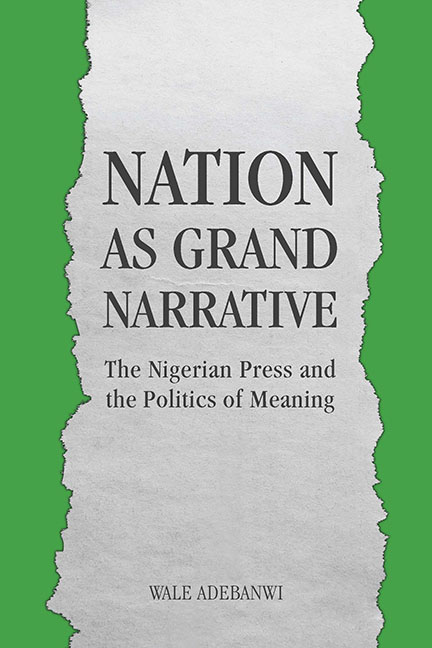Book contents
- Frontmatter
- Dedication
- Contents
- List of Illustrations
- Acknowledgments
- Part I Contextual and Conceptual Perspectives
- Part II Colonial Agency and Counterhegemonic Struggles
- Part III Inclusion, Exclusion, and Democratic Contestations
- Part VI Domination and Resistance in Majority-Minority Relations
- 8 Narratives, Territoriality, and Majority-Minority Ethnic Violence
- 9 Narratives, Oil, and the Spatial Politics of Marginal Identities
- Conclusion: Beyond Grand Narratives
- Notes
- Bibliography
- Index
9 - Narratives, Oil, and the Spatial Politics of Marginal Identities
from Part VI - Domination and Resistance in Majority-Minority Relations
Published online by Cambridge University Press: 16 February 2018
- Frontmatter
- Dedication
- Contents
- List of Illustrations
- Acknowledgments
- Part I Contextual and Conceptual Perspectives
- Part II Colonial Agency and Counterhegemonic Struggles
- Part III Inclusion, Exclusion, and Democratic Contestations
- Part VI Domination and Resistance in Majority-Minority Relations
- 8 Narratives, Territoriality, and Majority-Minority Ethnic Violence
- 9 Narratives, Oil, and the Spatial Politics of Marginal Identities
- Conclusion: Beyond Grand Narratives
- Notes
- Bibliography
- Index
Summary
The debate on the place of minority ethnic groups in Nigeria preceded the independence of the Nigerian state. However, by the 1940s and 1950s, it was evident that ethnicity in general and the struggle for the accommodation of the many ethnic nations within Nigeria would pose a major challenge to the process of nation-building. It was precisely at this point, particularly during the June 1957 London Conference on the Nigerian (Independence) Constitution, that the three dominant ethnic groups were struggling to gain advantage over one another and that ethnic minorities made it clear they would not be “pacified by the usual rhetoric and promises.” These outcries from Nigeria's ethnic minorities meant that the 1957 London Conference, with its objective of independence for Nigeria in 1960, was “in dire peril.” The British government, therefore, set up the Commission of Inquiry into the Fears of Minorities and the Means of Allaying Them.
In the end, nothing transformative came out of this process. Ken Saro-Wiwa, the Ogoni leader, minority rights activist, writer, publisher, television producer, and former president of the Association of Nigerian Authors (ANA), notes this inA Month and a Day: A Detention Diary. Saro-Wiwa, who led the Movement for the Survival of Ogoni People (MOSOP), writes that “constitutional development in the wider Nigeria nation of which they [Ogoni] were only a nominal part had left them far behind.” As Michael Vickers notes in his important work on the Commission of Inquiry, A Nation Betrayed, Nigeria's minority ethnic nations were targeted as “pre-destined losers” at Nigeria's independence. Even though the British government and the colonial authorities “clearly felt that this rough, dismissive treatment of a large proportion of Nigeria's peoples could mean violence, bloodshed and retribution,” they “held their breath and hoped that the bluff might work.” Evidently, although Nigeria has survived, the bluff hasn't worked. The minority ethnic nations continue to struggle for just and fair treatment in the Nigerian federation. Saro-Wiwa states: “As Nigeria celebrated independence [in 1960], the Ogoni were consigned to political slavery at the hands of the new black colonialists wearing the mask of Nigerianism.” The struggle against his “political slavery,” however, became at once more articulate and more disruptive in the late 1980s and 1990s, which, incidentally, were the years of successive transition-todemocracy programs instituted by the military regimes.
- Type
- Chapter
- Information
- Nation as Grand NarrativeThe Nigerian Press and the Politics of Meaning, pp. 258 - 280Publisher: Boydell & BrewerPrint publication year: 2016

